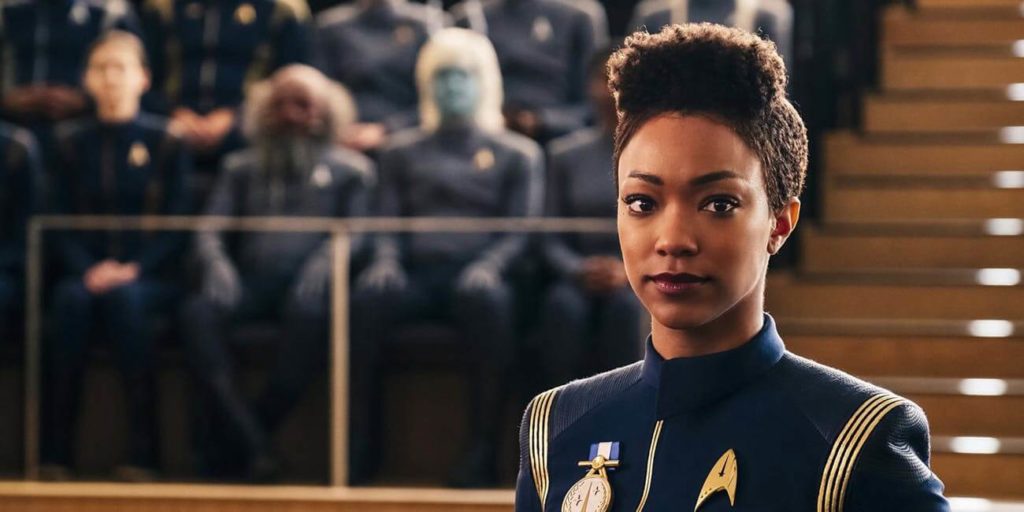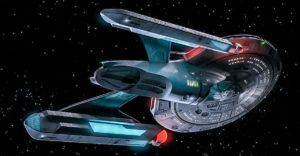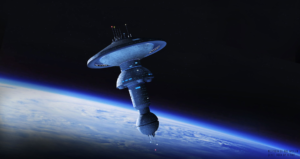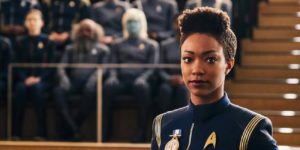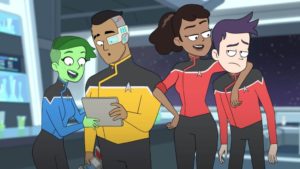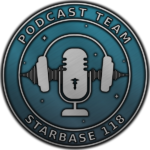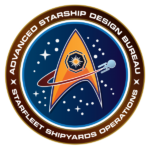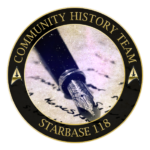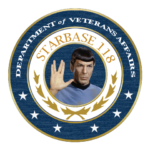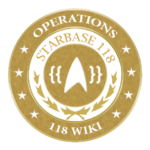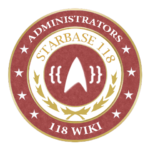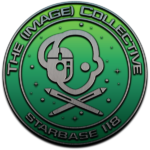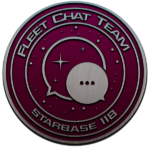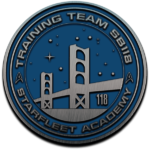Join us for another in a series of interviews with winners of awards from our recent 2022 Awards Ceremony. Our goal is to give you insight into how our fleet’s best simmers write and imagine their characters.
This month, we’re interviewing the writer behind Lieutenant Noa Levinson playing a female Human/Vulcan hybrid Chief Science Officer assigned to the USS Chin’toka. She won the Cochrane Award:
“Awarded to Science officers who have contributed greatly to the advance of science in the midst of their Starfleet career, by staying knowledgeable about their field, participating in the community of science, but most importantly, by placing their knowledge at the service of their ship and its mission. They have performed weird and wonderful feats of scientific innovation and ingenuity, enabling their commanding officer to make those informed decisions.”
StarBase 118 Wiki: Cochrane Award
DeVeau: Hi again Adi! When last I interviewed you, you shared some information about us. Would you mind delving deeper and perhaps sharing some of your favourite games you play?
Levinson: Of course! As I mentioned last time, I was about to study for my physics degree. And as of the time of interviewing, I’m nearing the end of the test period of my first year. “Interesting” is a bit of an understatement for how I view the material, and over the last few months, I’ve been going around incorporating some aspects I’ve come to realize from the courses I took so far into simming and the existing Trek canon.
As for the games, it really depends on what’s on my mind at the time – as of the time of writing, I’ve been putting a few hours into No Man’s Sky and Hades, with a few other games as well.
Would you give us a little information about your character?
Sure. Noa is 1/4 Vulcan and 3/4 Human, with her father being half-Vulcan. Unlike the most prominent part-Vulcan in Trek canon, Spock, she was raised on Earth rather than Vulcan, but still visited the latter occasionally since her dad worked on Vulcan in diplomatic-related roles and his parents still live there. At her core, she’s all about exploring the unknown, and hopefully discovering something new or interesting – which is ultimately why she joined Starfleet.
Why did you choose to play a science officer?
I hope to dabble with science myself one day, so playing a science officer is portraying what I might just aspire to be, albeit in a sci-fi environment – which also opens up the imagination.
Where do you find your inspiration for your character?
A lot of inspiration comes from me – from my OOC interest in the mission/situation to me having a late lunch the day I write that sim (yes, really), and various aspects in the Star Trek canon itself – especially Strange New Worlds as of late.
One thing Captain Mei’konda said was that you were always ‘showcasing how much the science officers on board any ship are just as critical as Command, Tactical, Security or Medical.’ How do you bring this forward in your sims?
I do my best to bring it forward by mainly thinking about answers – mostly to questions of the “What is this?” sort, and the “How can we deal with it?” sort, when more specialized answers won’t suffice. Knowing the basic concepts and reasoning behind how something works the way it does, understanding how to utilize it for some purpose, and when necessary, deferring to different officers to see if executing that idea is plausible.
What is your favourite part about playing a science officer?
I think I actually have two favorite parts. One is the versatility of the role. From being able to come up with story elements that can be utilized further down the line, such as radiation, or some other tidbit, to actually utilizing those elements, which leads me to the second part – enabling others to interact and develop those story elements. It can be anything – from asking if something was doable, as I previously mentioned, to giving out a bit of info that can be utilized – such as the location of something you might need to fire at, or even a historical anecdote that might change how you view a scenario. History, linguistics and other kinds of social sciences all very much are kinds of science that can be utilized – in perhaps even more creative ways than natural sciences.
Thanks for your time, Lieutenant Levinson!
You can read more about Lieutenant Noa Levinson on the wiki.

